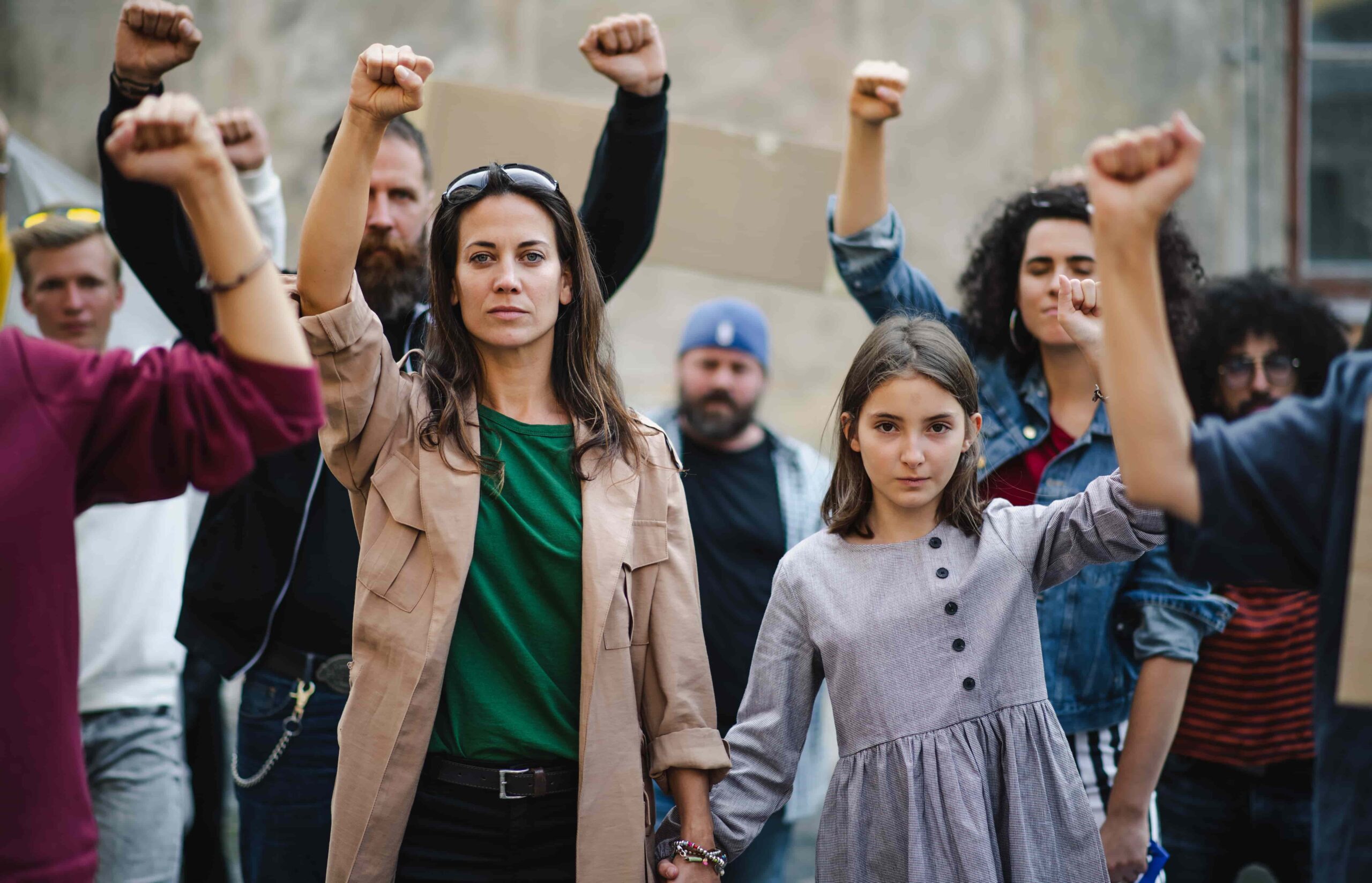Simona Scarpaleggia says that the day has come to end economic violence against women.

Author: Simona Scarpaleggia
Board Member, EDGE Strategy
It is a sad indictment of the world we live in today that we have to have a special ‘International Day for the Elimination of violence against women’. That there is violence against anyone is shameful enough; that there is violence against women, and which needs to be recognized in an official awareness day, is somehow even more depressing.
Governments everywhere have a moral and actual responsibility to protect their citizens, and civilized society should see any forms of violence as abhorrent. But violence, of course, manifests itself in many different ways, physical and mental. One of the most insidious and subtle – and least talked about – is economic violence against individual women, and indeed against whole female populations.
According to UN Women, violence against women and girls ‘is one of the world’s most prevalent human rights violations, taking place every day, many times over, in every corner of the globe’.
According to UN Women, violence against women and girls ‘is one of the world’s most prevalent human rights violations, taking place every day, many times over, in every corner of the globe’. It prevents their full and equal participation in society, and the magnitude of its impact, both in the lives of individuals and families and society as a whole, is immeasurable. Economic violence, often seen as a sub-set of domestic violence, involves making or attempting to make a person financially dependent by maintaining total control over financial resources, withholding access to money, and/or forbidding attendance at school or employment.
Yet economic violence goes further than that, and some countries are guilty of creating legal barriers that prevent a woman’s full economic participation. According to the World Bank’s ‘Women, Business and Law 2022’ report, a shocking 178 countries maintain legal barriers that prevent women from being fully financially independent, and it is estimated that as many as 2.4 billion women globally don’t have the same economic rights as men. In 86 countries, women face some form of job restriction and 95 countries do not guarantee equal pay for equal work.
Many of the most guilty in perpetuating economic inequality are governments in the Middle East and Africa. When it comes to access to property and other assets, less than 50% of the economies in the Middle East and North Africa Region (MENA) account for gender differences in property and inheritance laws. This won’t come as much of a surprise, but there are countries much closer to home – in Europe or North America – who still persist in enacting laws that make women subservient to men, and wives subservient to husbands, in financial matters, not least access to state pensions.
Such unwarranted and inexcusable financial exclusion is expressed in many different ways: limiting, for example, a woman’s access to credit; denying them access to (or even opening) a bank account or owning a credit or debit card. This has several knock-on effects, not least blocking women’s access to healthcare, employment, and education. In many countries and communities this effectively excludes women from making financial decisions so that they become, what might be considered, a ‘non-subject’ when it comes to income, inheritance or property.
Women are denied the freedom to make their own choices because of the lack of material resources – and a lack of material resources leads to an undermining of self-confidence and self-worth, and all of the negative consequences this brings.
It is not an exaggeration to state that such coercive behaviour, which spans countries and continents, keeps women in a semi-slavery state, with no apparent escape. They are denied the freedom to make their own choices because of the lack of material resources – and a lack of material resources leads to an undermining of self-confidence and self-worth, and all of the negative consequences this brings.
Women are not only subjected to economic violence by their governments, but also by their partners and society at large. Being denied access to education means being denied the tools for understanding and managing economic matters. Obliging a woman to ask for money for any purchase – be it related to grocery shopping, the children’s education or leisure – and requiring them to justify every individual expenditure is both humiliating and damaging, as is the use of blackmail and threats meted out to woman for economic related reasons.
So what is to be done? How can economic violence against women and girls be ended? In 2016 and 2017 I had the honour of co-chairing the UN High-level Panel on Women’s Economic Empowerment. Financial exclusion and its consequences was one of the issues we discussed and for which the Panel provided a number of recommendations that are still valid today.
In particular, we highlighted three key areas where urgent action was required:
- Legislation and social norms. Countries and institutions need to act to reform discriminatory laws and regulations that adversely impact women and would help bring about a change in social norms. Laws that hinder women’s access to secure land tenure, inheritance and property, for example, should be eliminated, equal pay legislation should be enacted, and the prohibition for women to do certain jobs should be removed. And there is much more that can be done in all sectors of the economy.
- Access. Besides guaranteeing access to physical assets, Governments and institutions need to act to guarantee women access to the same mobile and digital financial services technology that men currently take for granted. Women are currently denied access to some of the most basic tools, including online banking or even being able to fulfil simple tasks such as making payments into their own accounts (if they are allowed them!).
- Education. Financial education should be provided to all people, men and women, girls and boys, to ensure more equitable access to – and management of – financial resources.
Financial education should be provided to all people, men and women, girls and boys, to ensure more equitable access to – and management of – financial resources.
Eradicating economic violence against women has to be the objective of all countries and of all governments, in the developing and the developed world. There can be no excuses: it is right, it is fair, and it improves women’s lives. Perhaps more than this, it increases the prosperity of their family and their community and society at large.
Removing violence and delivering economic empowerment is essential to advancing freedom and democracy.





